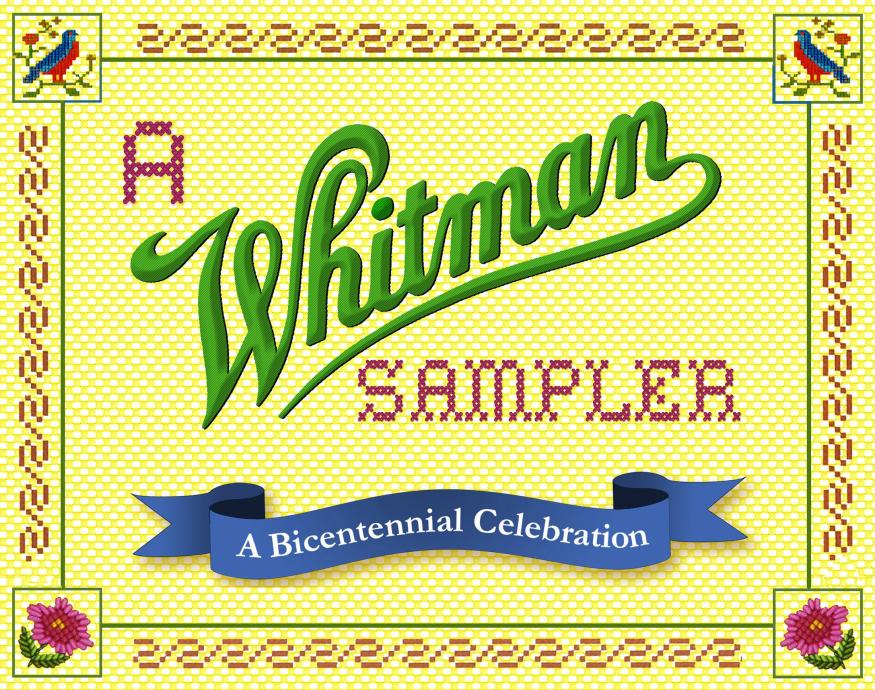Overview
Like many students of my generation, I had little formal training in American literature, so it was a minor act of personal rebellion in 1970 when I decided, in the middle of my graduate studies, to become an Americanist. It seemed a wonderfully young field, unencumbered by tradition, with little past at its back. My first attraction (or obsession) involved specific authors, notably Hawthorne and Whitman.
Beginning my career as a professor in 1972, I found increasingly that the form of study I had been taught -- comparing one text to another within the literary plane -- seemed insufficient. Other scholars and I began working in a more socially-oriented fashion, looking at the historical context that produced the texts we study while also seeking out the then-absent voices of women, African Americans, Native Americans, Asian Americans and others.
One of the great joys of my subsequent career is the work I have done on Charles W. Chesnutt, a short-story writer and one of the great commentators on racial issues of the early 20th Century. This interest also ties me to North Carolina: Chesnutt grew up in Fayetteville, not too far from Duke, and the two books of his work that I edited were published by Duke University Press.
I now frequently teach about writers from outside the traditional canon along with their better-known contemporaries: for instance, Chesnutt and Louisa May Alcott with Mark Twain; Frederick Douglass and Fanny Fern with Herman Melville. This approach enriches the terms on which every author is understood. My further work on the social operation of literary genres, and the social shaping of literary self-conceptions, has depended on the same conviction that it is worth returning history to literary study, and that history itself gives value to the quest. At the same time, it is not true that texts are nothing but emanations of the historical structures or social issues that currently interest us; there is no excuse for sacrificing close reading or an awareness of the constituents of literary quality to a social agenda.




